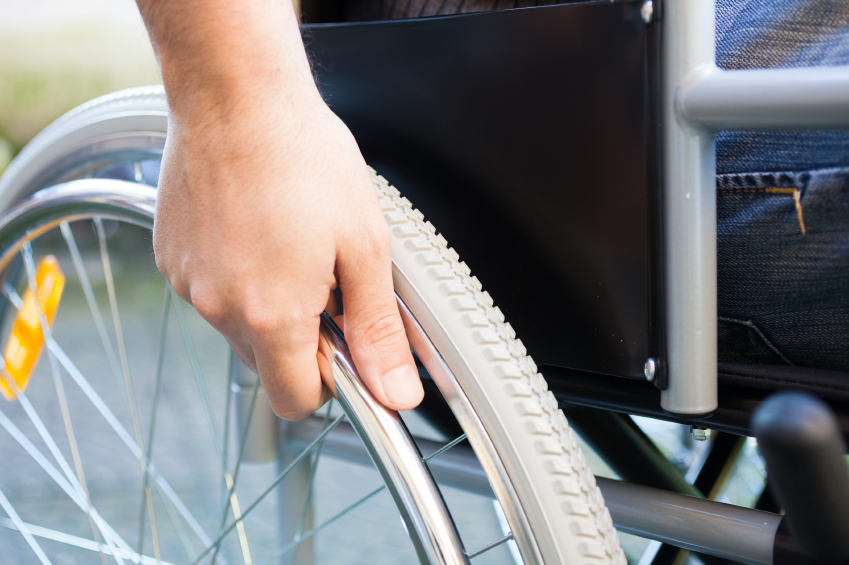The judgement in the case of Caen University Hospital Centre v. the parents of a young disabled woman aged 19, instructs the hospital to treat Léah, although she is disabled, because she is not an end-of-life patient and her case does not come under the Leonetti law (see Caen CHU wants to apply the Leonetti law to a young disabled woman and refuses to treat her).
Léah is a young disabled woman aged 19. She has epileptic seizures on a regular basis and consequently requires life-saving hospital treatment. On 2 November 2018, the CHU informed Léah’s parents that the next time their daughter had an epileptic seizure, they would not treat her knowing full well “that any delay in medical treatment could prove fatal”. They based their decision on the Leonetti law which bans therapeutic obstinacy for end-of-life patients.
Outraged, the parents filed a lawsuit against the University Hospital Centre and the CHU were called to order by the judgment. Yes, the doctors should treat Léah “like any other patient” when she has another epileptic seizure, even if she is disabled. The parents’ lawyer, Frédéric Zerbib, based his arguments on the poor interpretation of the end-of-life legislation by doctors: “On Friday, judges delivered a clear message to the Caen CHU, reminding them of the basic principles of the Leonetti law. Doctors consider terminating treatment for patients who have irreversible brain damage and are in a vegetative state. But that’s not the case here! Léah is a young woman, who is full of life, as we showed in the short videos recorded in the very hospital wishing to issue a death sentence!”
France Bleu, Didier Charpin (23/11/2018)

